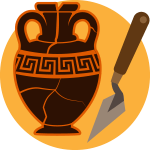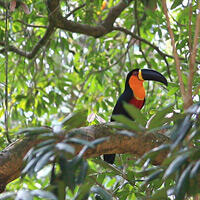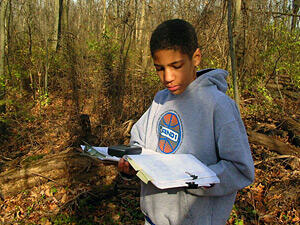About 10 years ago, two scientists decided to estimate the total number of birds on the planet. The number they came up with was 200 to 400 billion individual birds. Compared to 5 billion people, this amounts to about 40 to 60 birds per person.
Your second question, unfortunately, is much easier to answer. The world's bird population is definitely decreasing.
Since the 1500s, birds have been declining both in terms of species numbers (by about 500 species) and numbers of individuals (by about 20-25%). This decline is due to human activities, such as the cutting down of forests, contamination,
invasive species
, and human-induced
climate change
.




 Biodiversity
Biodiversity
 Brain
Brain
 Genetics
Genetics
 Marine BiOLogy
Marine BiOLogy
 MicrobiOLogy
MicrobiOLogy
 PaleontOLogy
PaleontOLogy
 ZoOLogy
ZoOLogy
 AnthropOLogy
AnthropOLogy
 ArchaeOLogy
ArchaeOLogy
 Astronomy
Astronomy
 Climate Change
Climate Change
 Earth
Earth
 Physics
Physics
 Water
Water




